Photo: Nlaka’pamux territory, lower Nicola
It’s about a better future for everyone.
Together, in consultation and co-operation with Indigenous Peoples, we will advance reconciliation in tangible and measurable ways in B.C. – today and into the future.
Photo: Nlaka’pamux territory, lower Nicola
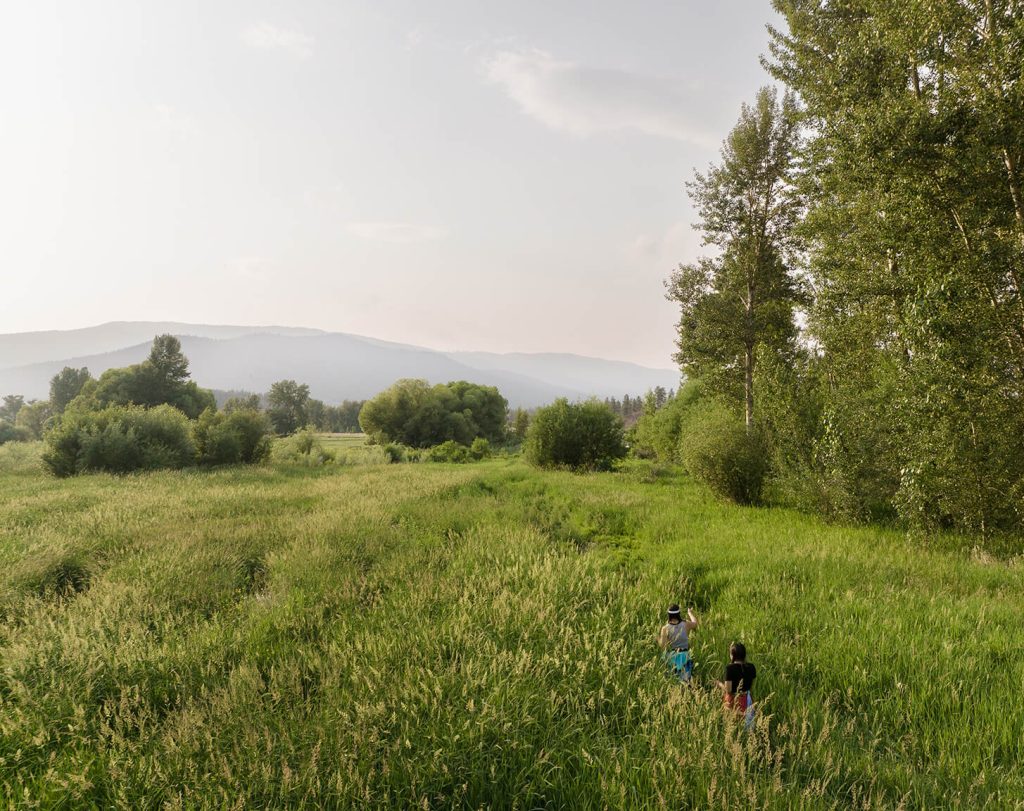
Declaration on the Rights of Indigenous Peoples Act
The Declaration on the Rights of Indigenous Peoples Act (Declaration Act) establishes the United Nations Declaration on the Rights of Indigenous Peoples [151KB PDF] (UN Declaration) as the Province’s framework for reconciliation, as called for by the Truth and Reconciliation Commission’s Calls to Action.
Passed unanimously in the B.C. legislature on November 26, 2019, the Declaration Act came into force on November 29, 2019. B.C. is the first jurisdiction in Canada to formally adopt the internationally recognized standards of the UN Declaration.
The Declaration Act mandates government to bring provincial laws into alignment with the UN Declaration and to develop and implement an action plan to achieve the objectives of the UN Declaration in consultation and co-operation with Indigenous Peoples.
It creates a path forward to respecting the human rights of Indigenous Peoples, while introducing better transparency, predictability and accountability in Indigenous–provincial relationships.
Through this work, B.C. is building a province where Indigenous Peoples’ excellence, leadership, governance, and self-determination is recognized and respected.
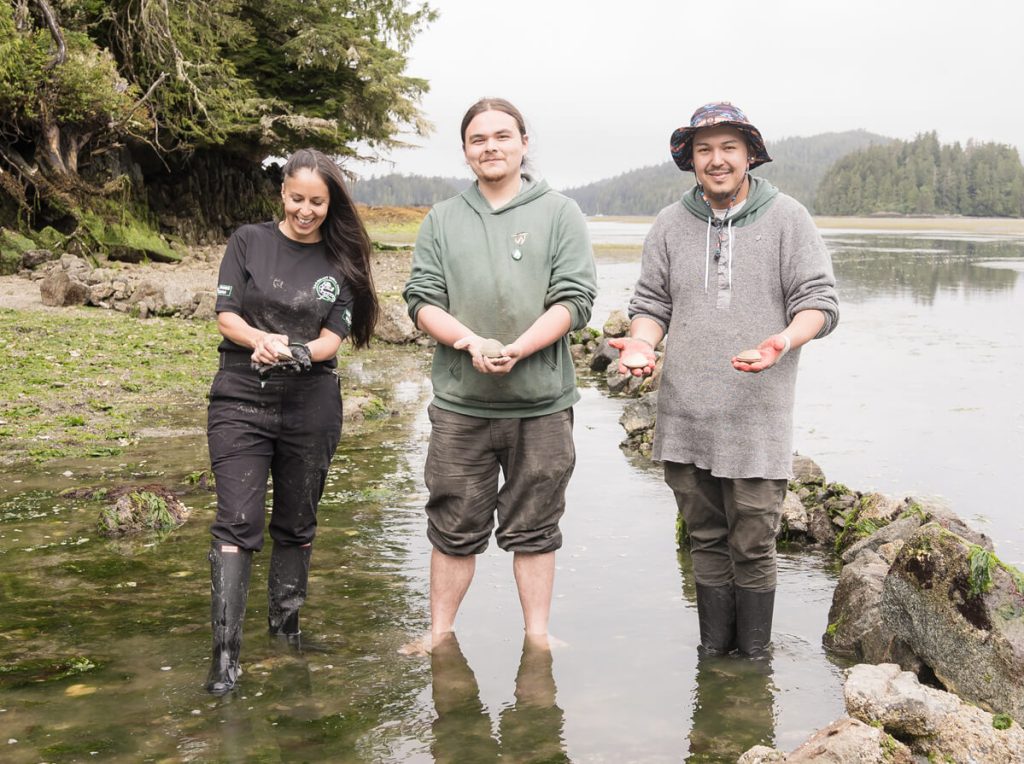
Annual reports
The Province reports on progress made to implement the Declaration Act through annual reports – a requirement of the Act. The annual reports are developed in consultation and co-operation with Indigenous Peoples in B.C. and publicly released by June 30 each year.
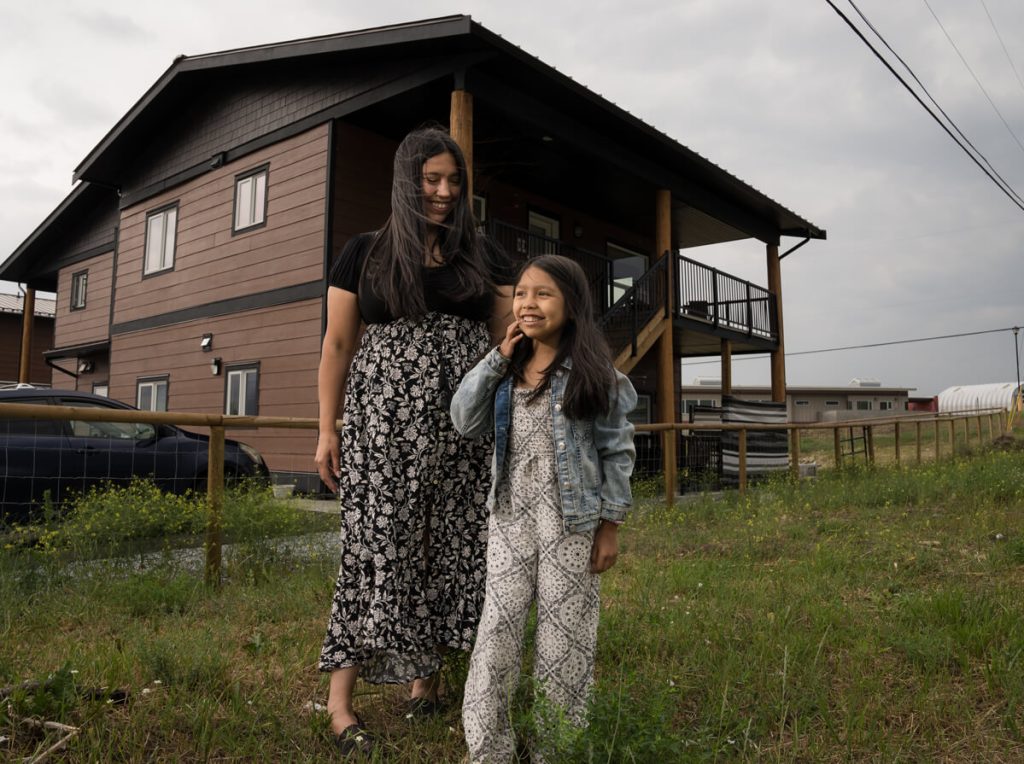
Stories
Read, watch, and listen to stories that capture the work being done to build a future where First Nations, Métis and Inuit people in B.C. have full enjoyment of their inherent rights and opportunity to pursue their dreams and raise their families.
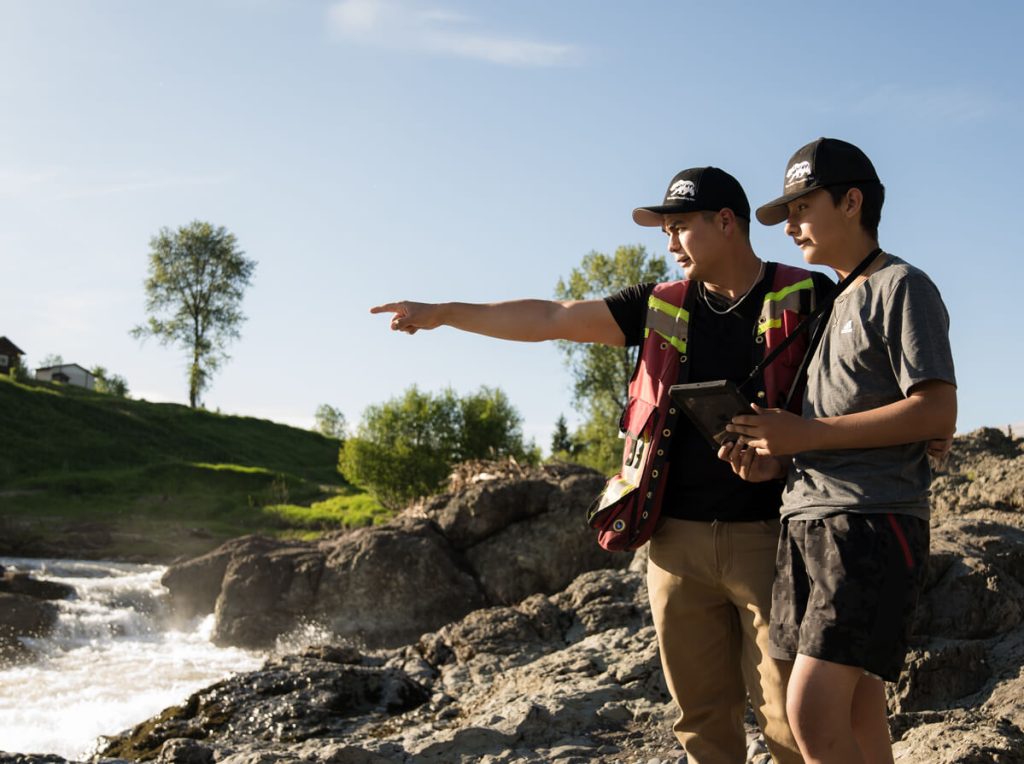
Declaration Act Action Plan
The Declaration Act Action Plan, released in March 2022, is the first of its kind. Built in consultation and co-operation with Indigenous Peoples, the plan articulates the specific actions every ministry in government will take over five years to create a better B.C. for everyone.
Declaration Act Secretariat
The Declaration Act Secretariat, led by Deputy Minister Jessica Wood/Si Sityaawks, is a central agency within government that was created to guide and assist the Province to ensure provincial laws align with the UN Declaration and are developed in consultation and co-operation with Indigenous Peoples, as set out in section 3 of the Declaration Act.

Interim approach
The Secretariat released the ‘Interim Approach to Implement the Requirements of Section 3 of the Declaration on the Rights of Indigenous Peoples Act’ in October 2022.
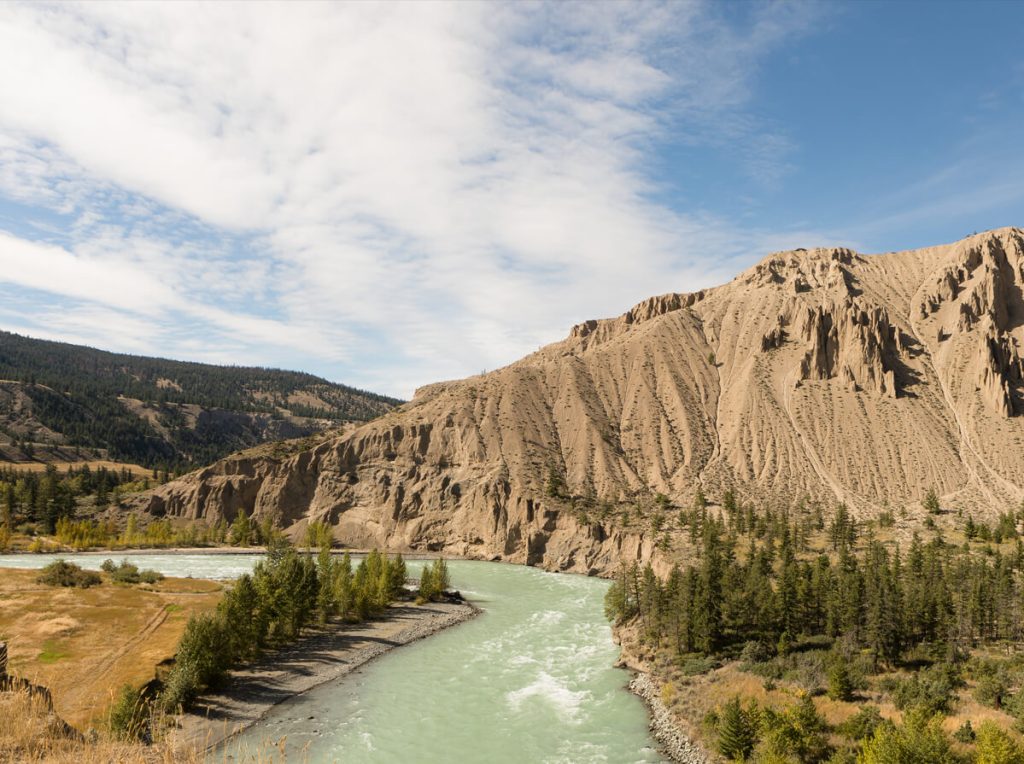
About the Secretariat
Announced in Budget 2022, the Secretariat’s core functions are to provide guidance on consultation and co-operation and consistency of laws; develop processes and measures to support alignment of laws; inform government’s legislative agenda and serve in an interlocutor role.
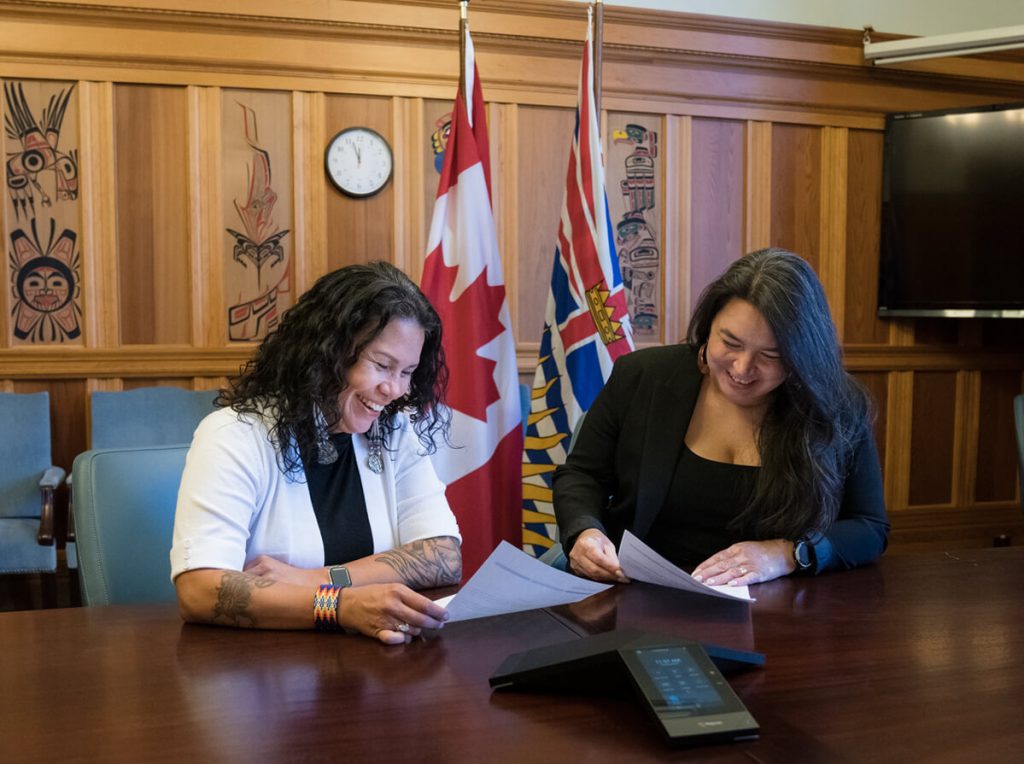
Declaration Act Secretariat Leadership
Meet the Declaration Act Secretariat.
Careers with the Secretariat
Learn more about career opportunities with the Secretariat.
Acknowledgement
We acknowledge the territories of First Nations around B.C. and are grateful to carry out our work on these lands. We acknowledge the rights, interests, priorities and concerns of all Indigenous Peoples (First Nations, Métis and Inuit), respecting and acknowledging their distinct cultures, histories, rights, laws and governments.
